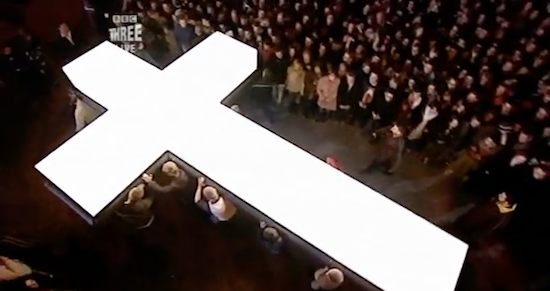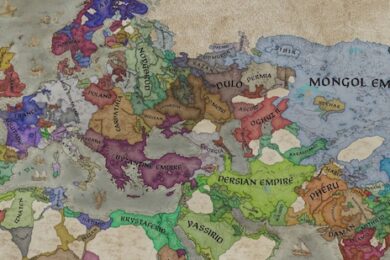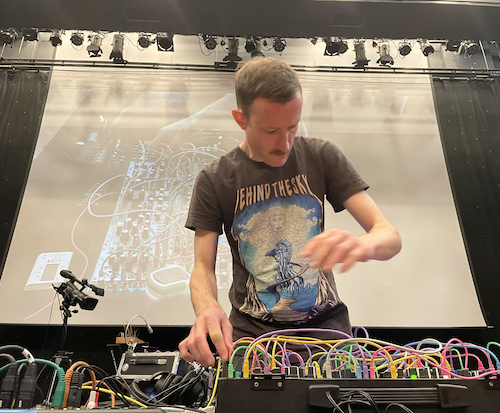“Welcome to Manchester! Founded by the Romans, bombed by the Nazis… and the IRA!" So began the introduction to BBC Three’s 2006 broadcast the Manchester Passion, with a promise of “the sacred and the profane together as you’ve never seen them before". But this is not Pasolini. This isn’t even Andrew Lloyd Webber. This is Keith Allen, gurning in a Gio Goi bomber jacket. Keith Allen?
We might never know exactly how BBC executives arrived at the decision to stage a live retelling of the death and resurrection of Christ through the medium of Manchester indie. Manchester Passion was both live television and what would now be termed immersive theatre, a public spectacle that drew in 7,000 participants. Keith Allen, James vocalist Tim Booth and the late singer Denise Johnson would be the celebrity faces of a show that aimed to recast the greatest story ever told in the image and likeness of songs such as ‘Blue Monday’, ‘Heaven Knows I’m Miserable Now’ and ‘Sit Down’, all watched over by an eight-metre, illuminated white crucifix that journeyed through Manchester city centre. "Whether it is because they are interested in seeing more, want to be on TV or just love the music, it is still introducing them to this story and that is what it&#…




